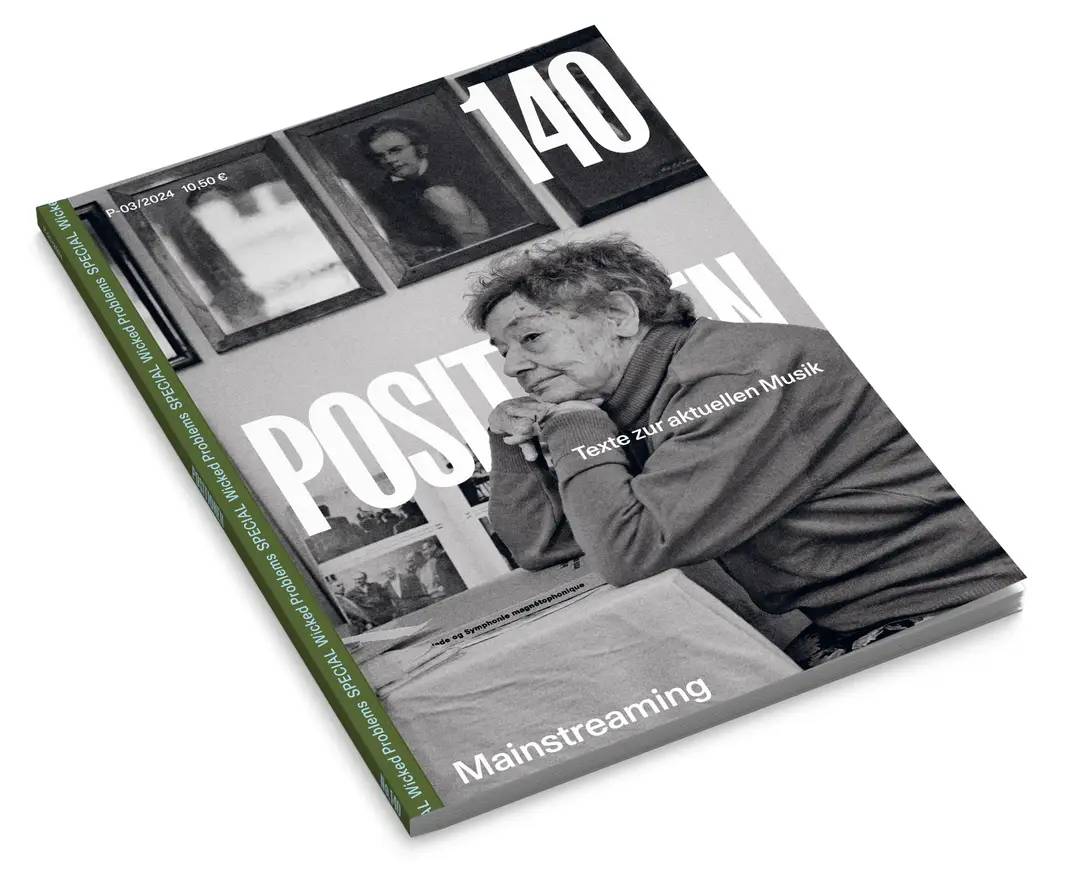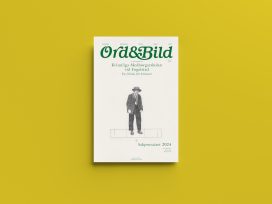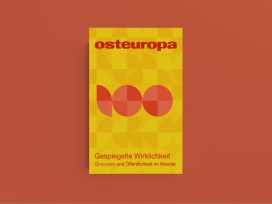Taking the challenge that post-colonial theorists and feminists pose to the Western canon seriously, German journal Positionen reflects on how to rethink conventional notions. Who belongs to the greats and who does not? How can attention be drawn to those composers who have thus far, undeservedly, not been included.
Unwriting the canon
Marta Beszterda van Vliet presents two critical feminist positions on the electronic music canon. One approach aims to showcase the achievements of female artists on a par with their canonized male counterparts, rescuing the work of neglected female artists from obscurity. In the other, the canon itself comes under scrutiny as sexist, racist, Western-Eurocentric and classist – the product of an elitist culture that is first and foremost interested in reproducing its own values.
Including forgotten female composers becomes nothing more than ‘mainstreaming’ that ‘integrates women into well-known historical structures and shows how they relate stylistically to male composers’, writes Beszterda van Vilet. The dangers are reinforcing the illusion that the canon is gender-neutral and that the few female members are seen as ‘exceptional’ for their gender.

Ludmila Frajt, Elżbieta Sikora and Valentina Goncharova represent accomplished composers, who are marginalized because of their gender and their roots outside of the Western European mainstream. But their stories are more involved than that, Beszterda van Vilet writes: ‘women in Eastern Europe – particularly in comparison with the West – had better opportunities under state socialism to study composition at conservatories and to become teachers at conservatories themselves.’
They were able to interact more freely with the electronic music scene in the West than the cliché of Eastern bloc isolation would have it. And yet their access to technology was more limited than in the West. The complexity of contexts for women composers – which differed between Warsaw Pact countries – highlights the problematic nature of measuring everyone according to the same yardstick.
Self-canonization
Pade, writes Katja Held, composed what is considered ‘the first Danish piece of electronic music’ in the 1950s, making her widely celebrated in Denmark and beyond. Although Pade lost prominence in the late 1970s, the mythologization of her time in the resistance and in a prison camp during WWII, as well as collaborations with innovators such as Karlheinz Stockhausen and Pierre Boulez, continues to signal the composer’s importance.
Held refers to the canny ways in which Pade marketed these chapters in her life, contributing to her own canonization. At the peak of her career she moved away from the emotive and playful nature of her early work toward the more ‘rational, mathematical and conceptual’ approach of her male colleagues. Less well known are her fantastical works for children and religious turn later in life, which are at odds with the electronic music canon’s standards.
The mother of all wicked problems
Positionen’s special features sound artist Till Bovermann, who describes his site-specific work in Kilpisjärvi, northern Finland. While not directly addressing the canon, Bovermann’s practice, as he describes it, challenges boundaries of what is generally understood to be music: he includes non-human subjects such as the wind, dental floss, trees and the landscape as musicians. These either generate their own sounds, which he records, or play through live coding – a kind of real-time instrument. Bovermann is interested in using artistic research methods to tackle ‘wicked problems’ in ways that are patient, attentive, inclusive, creative and adaptive to a wide variety of contexts.
Taking the time to immerse ourselves in, listen to and repeatedly return to particular places allows us to develop an empathetic and non-romantic relationship with them. This, he suggests, can open up space for solutions to the mother of all wicked problems: the ongoing destruction of our environment.
Review by Millay Hyatt







